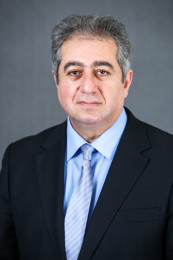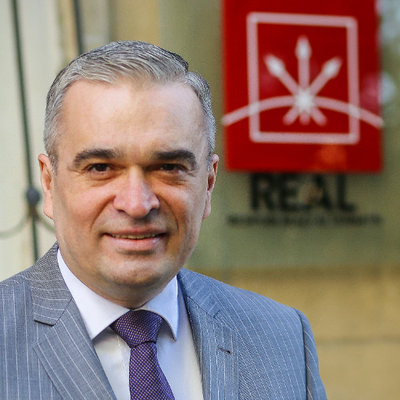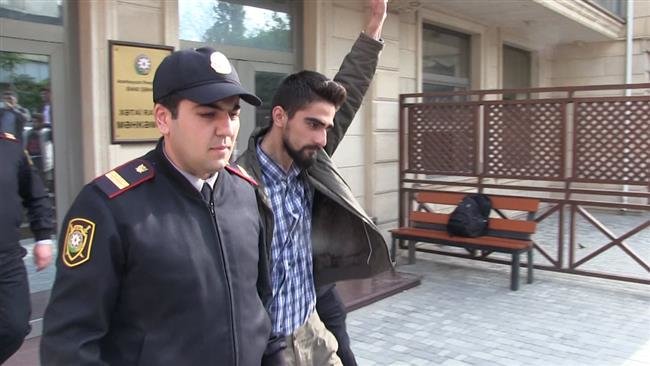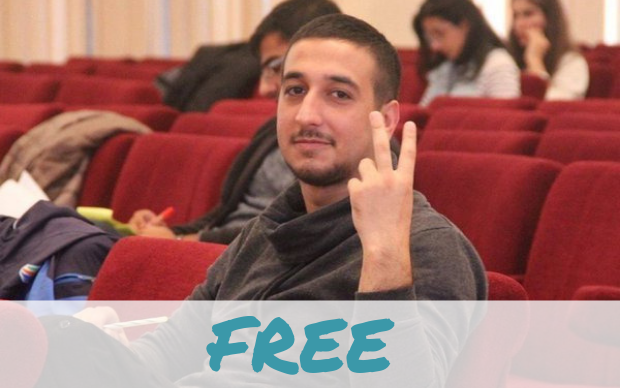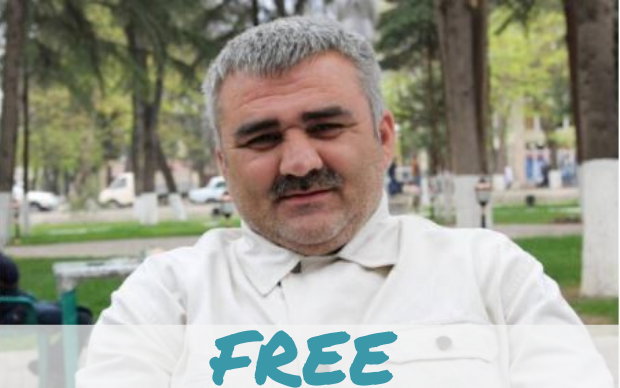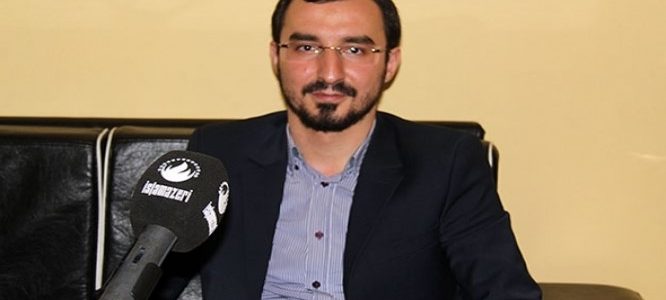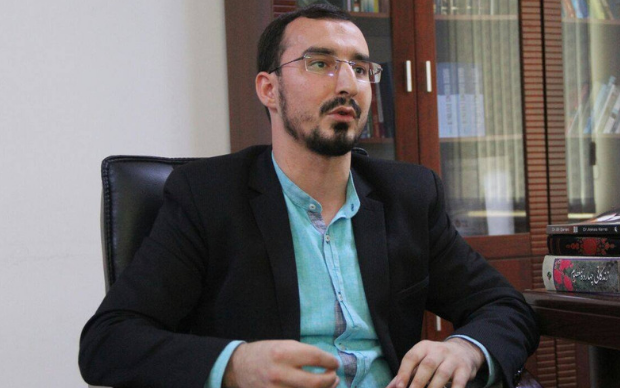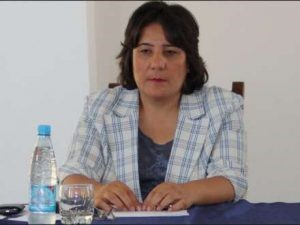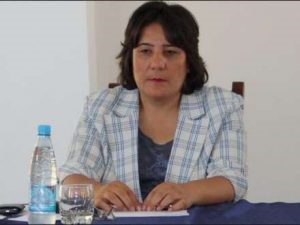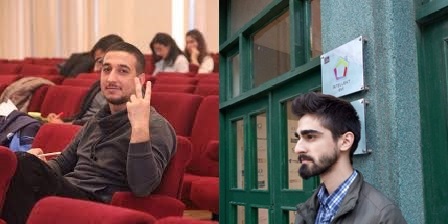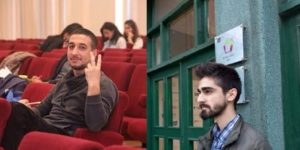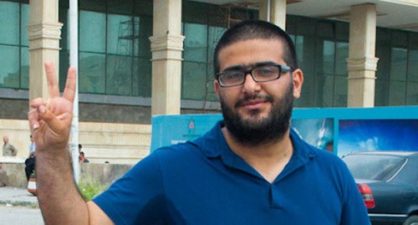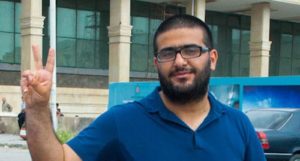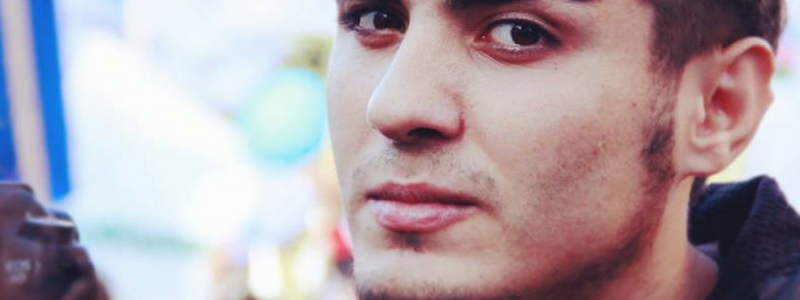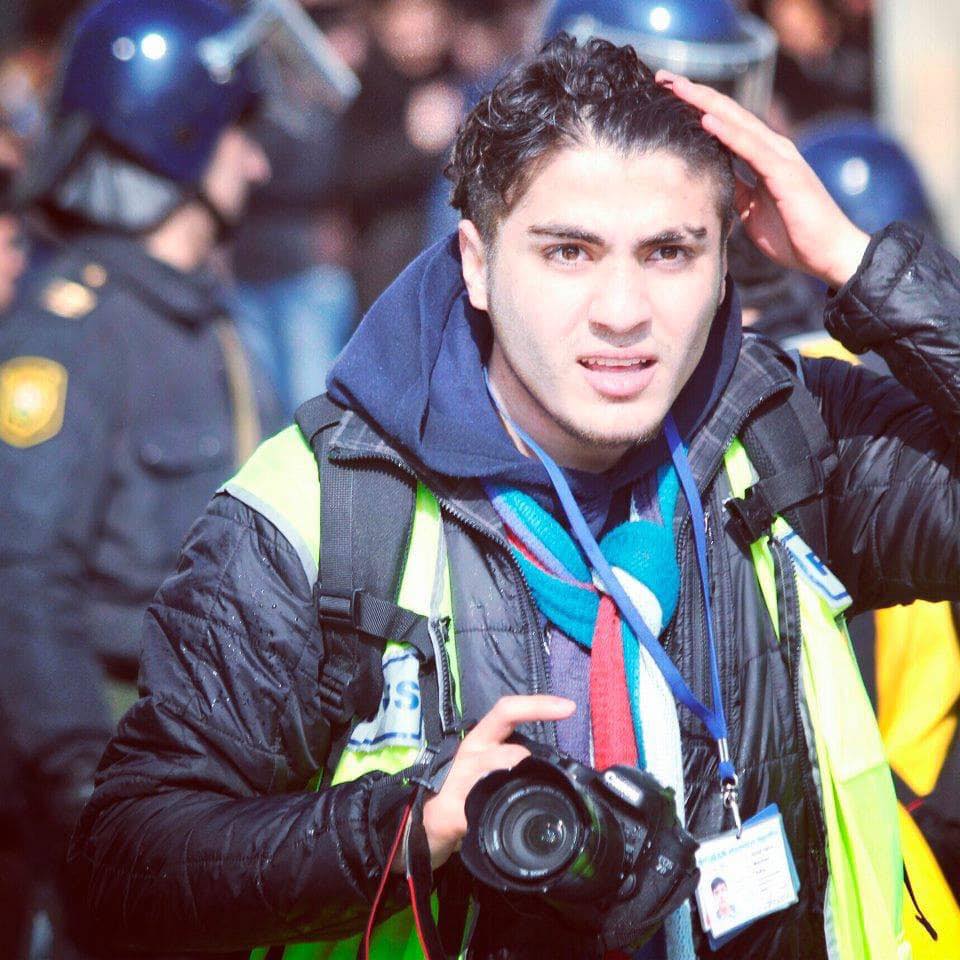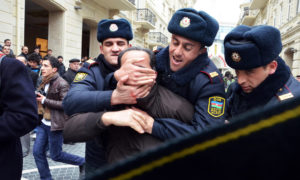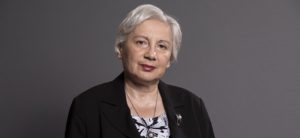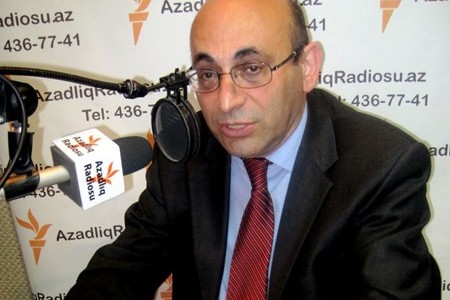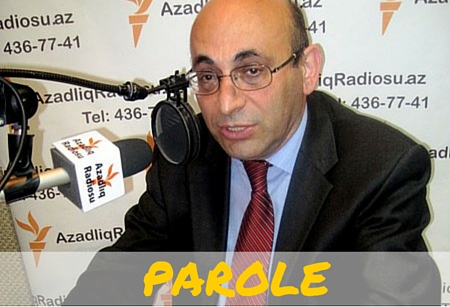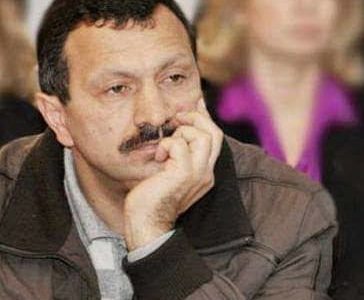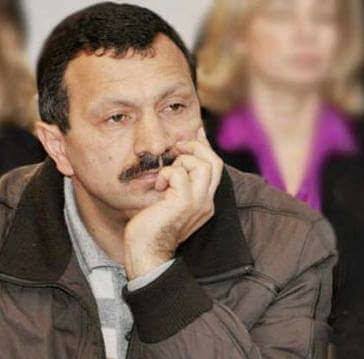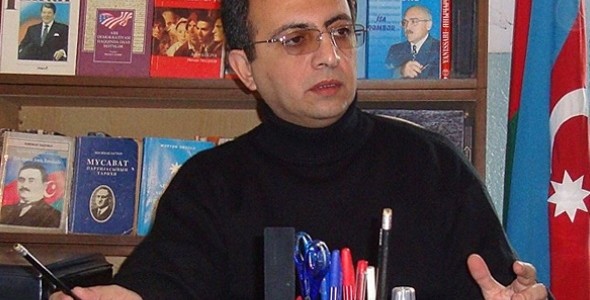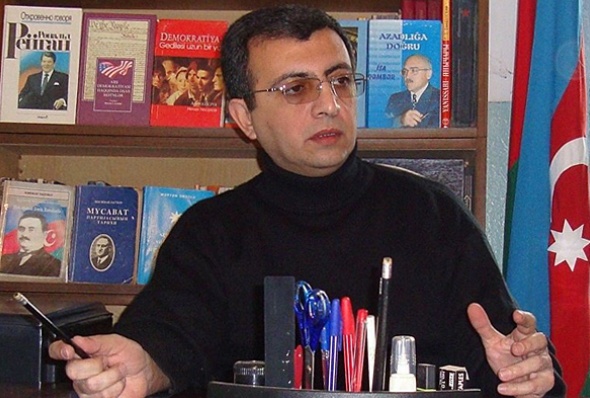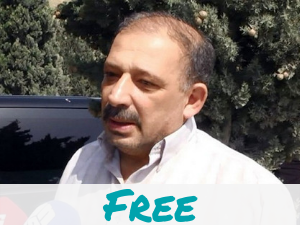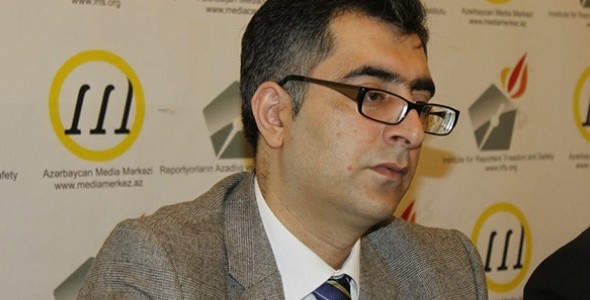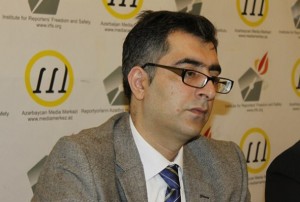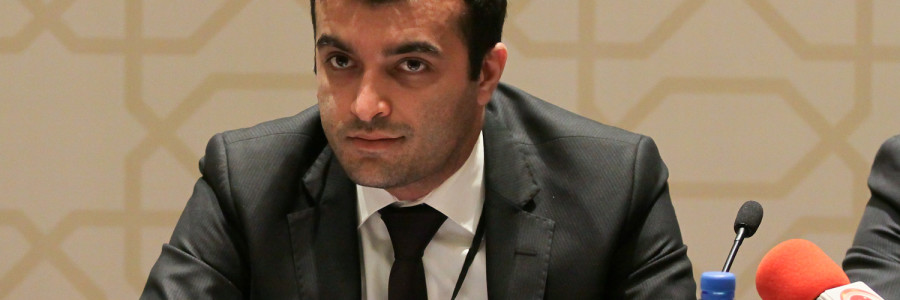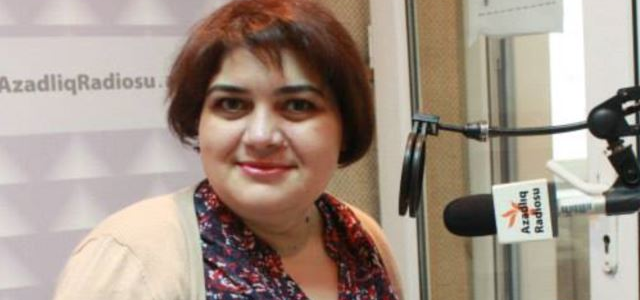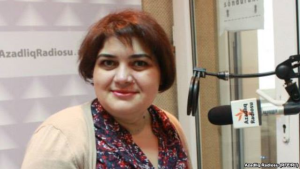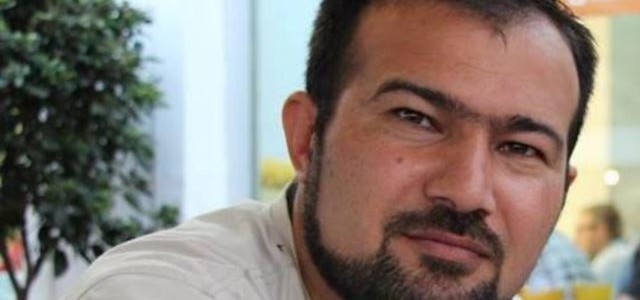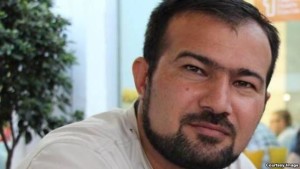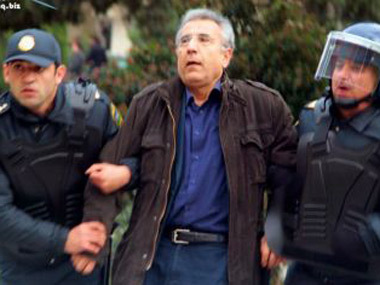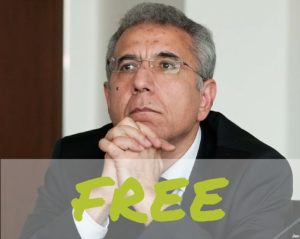AZERBAIJAN / Detained July 23, 2023
UPDATE: Dr. Gubad Ibadoghlu, an Azerbaijani economist, was released from prison to house arrest on April 21. Following his May 20 hearing, his trial was postponed to August 2024, extending his house arrest and surveillance in Baku. His health has worsened due to ill-treatment and inadequate medical care during detention, and his restricted movement in Baku limits his access to necessary treatment for his multiple health conditions. His preliminary hearing has been unjustifiably postponed multiple times since his arrest over eight months ago.
On July 23, 2023, world-renowned economist and scholar Dr. Gubad Ibadoghlu of Azerbaijan was arrested. Dr. Ibadoghlu and his wife, Irada Bayramova, were brutally attacked outside Baku, Azerbaijan. Twenty people, dressed in civilian clothes, rammed into the car the couple was driving and proceeded to beat them both publicly. Both were then taken into police custody, with Irada Bayramova released later that day. Since then, the Azerbaijani authorities have charged Dr. Ibadoghlu with a variety of crimes, including counterfeiting money and accused him of working with an organization connected to Fethullah Gülen, who the Turkish government considers a terrorist. Dr. Ibadoghlu remains in custody with unreliable access to his diabetes medication and limited contact with his lawyer. His current pretrial detention is set to last for four months, with current charges potentially resulting in a maximum of 12 years of prison.
The charges against Dr. Ibadoghlu are spurious and his detention is meant to silence activities the regime believes threatens its kleptocratic holdings and to send a chilling message to Azerbaijan’s already fragile civil society and independent media.
Dr. Ibadoghlu serves as the chairman of the Azerbaijan Democracy and Prosperity Movement, which was formed in 2014, but has been refused official status as a political party by the Azerbaijani government. Notably, in June 2023, he announced the formation of the Azerbaijani Youth Education Foundation in the UK, an organization meant to support the creation of a new generation of Azerbaijani professionals.
The World Movement for Democracy joins the growing international call for the immediate release of Dr. Ibadoghlu.

